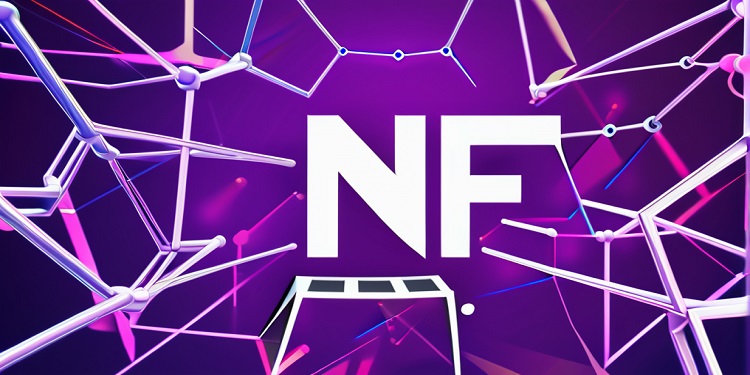 The World Bank is preparing to put in circulation what it claims to be the first ever global blockchain bond, reflecting a remarkable seal of approval of the distributed ledger technology.
The World Bank is preparing to put in circulation what it claims to be the first ever global blockchain bond, reflecting a remarkable seal of approval of the distributed ledger technology.
Blockchain is well known as the technology underlying Bitcoin and other altcoins. It acts as a digital ledger of financial transactions.
The World Bank has contracted Commonwealth Bank of Australia (CBAUF) to administer the bond issue, which is anticipated to fetch up to 100 million Australian dollars ($73 million).
The issue has been named “Blockchain Offered New Debt Instrument,” or “bond-i,” in recognition to Sydney’s famous Bondi Beach.
The World Bank follows the footsteps of German car manufacturer Daimler, which applied blockchain technology to issue a different kind of German bond through a pilot project last year.
According to James Wall, a senior institutional banking executive at Commonwealth Bank of Australia, blockchain could simplify the mechanism of bond issue, which has traditionally been reliant on enormous paperwork for the past two centuries.
Migrating to blockchain could lower costs and quicken transaction between bond issuers and investors. Wall said
“The potential of this is that it could be a revolution for the capital markets.”
For the past few years, the bank has been exploring the disruptive technology.
Several banks and tech companies are trying to develop new systems that could save costs and improve operational efficiency. As transactions can be conducted between people without third party interference, security level increases, while transaction costs decrease.
The Australian stock exchange aims to migrate to a complete blockchain based system by the end of 2020. The blockchain based platform will enable both clearing and settlement. The World Bank, which provides loan to various developing countries for implementation of a variety of projects, issues bonds worth $50 billion to $60 billion a year.
World Bank Treasurer Arunma Oteh said
“Our goal is to continue to harness innovation for the benefit of markets and our mission of ending poverty and boosting shared prosperity.”








